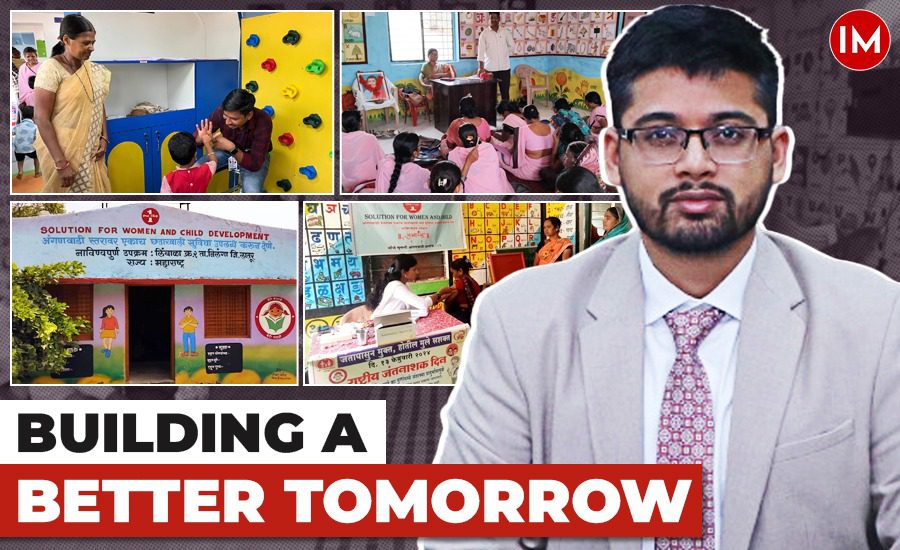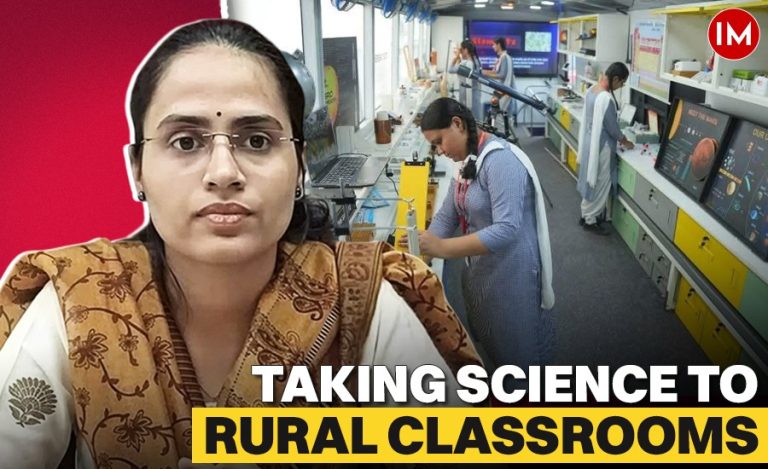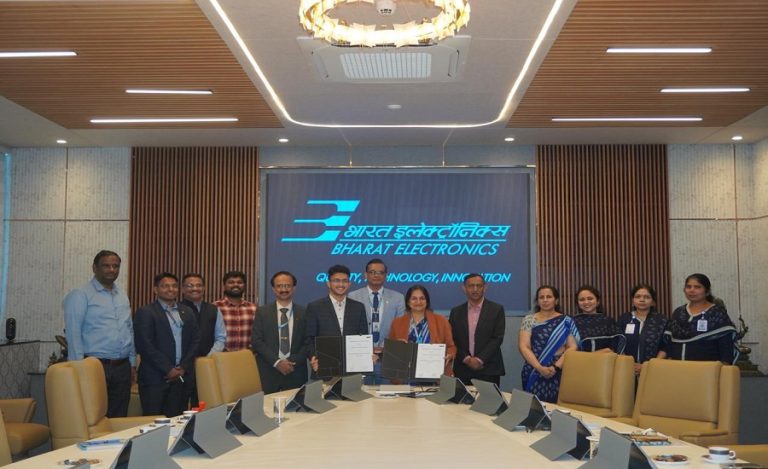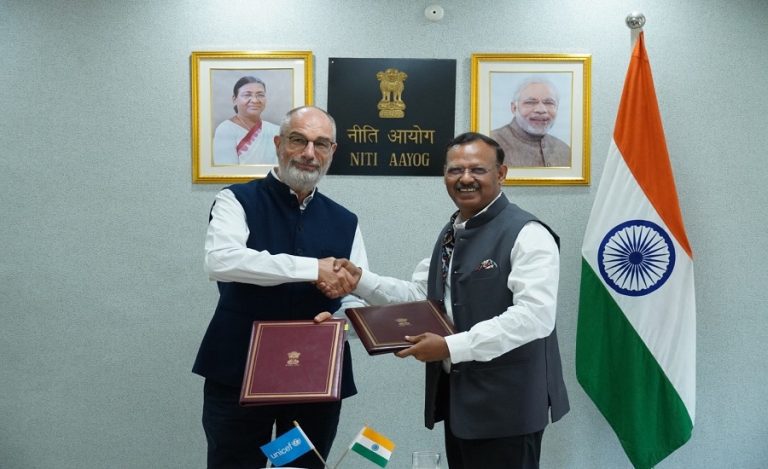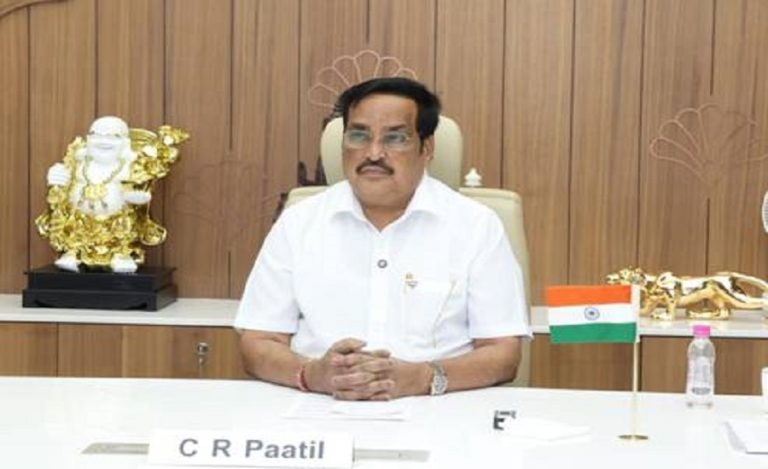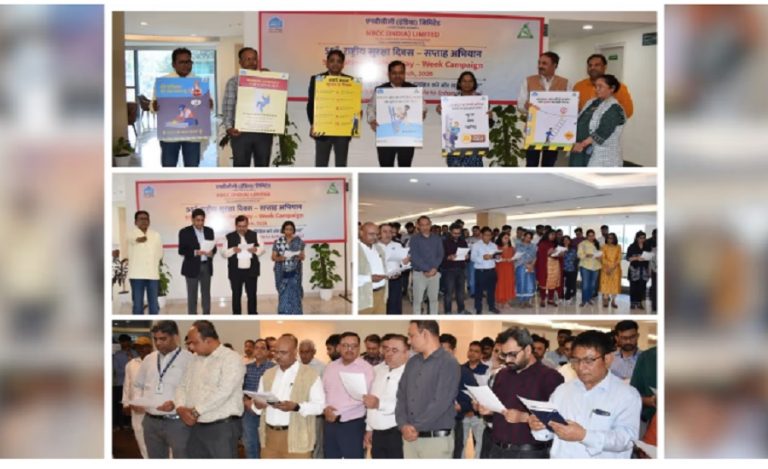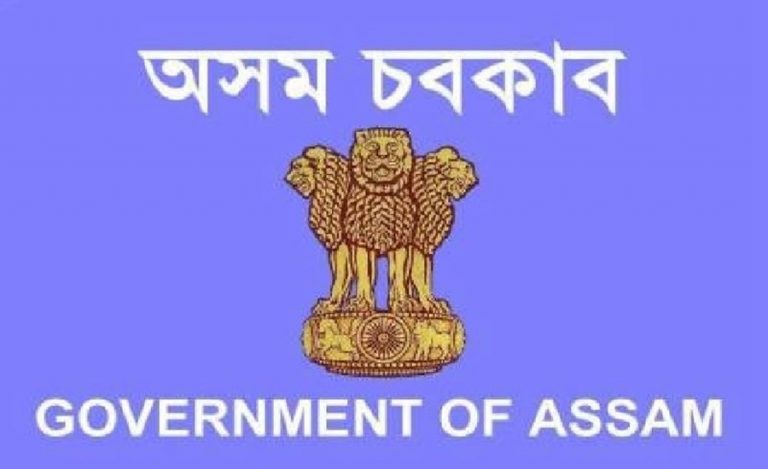In a rural district like Latur, Anganwadi Centres (AWCs) serve as critical hubs for women and children aged 0-6 years, making them ideal platforms for impactful interventions. Recognizing this, IAS Anmol Sagar (2019-batch), the Chief Executive Officer of Zilla Parishad Latur, Maharashtra, spearheaded the “One Stop Solution for Women and Children” initiative across 87 AWCs.
Tackling Maternal and Child Health through Nutrition
A key component of the initiative is the distribution of nutrition kits to pregnant women, addressing the persistent issue of low birth weight in the region.
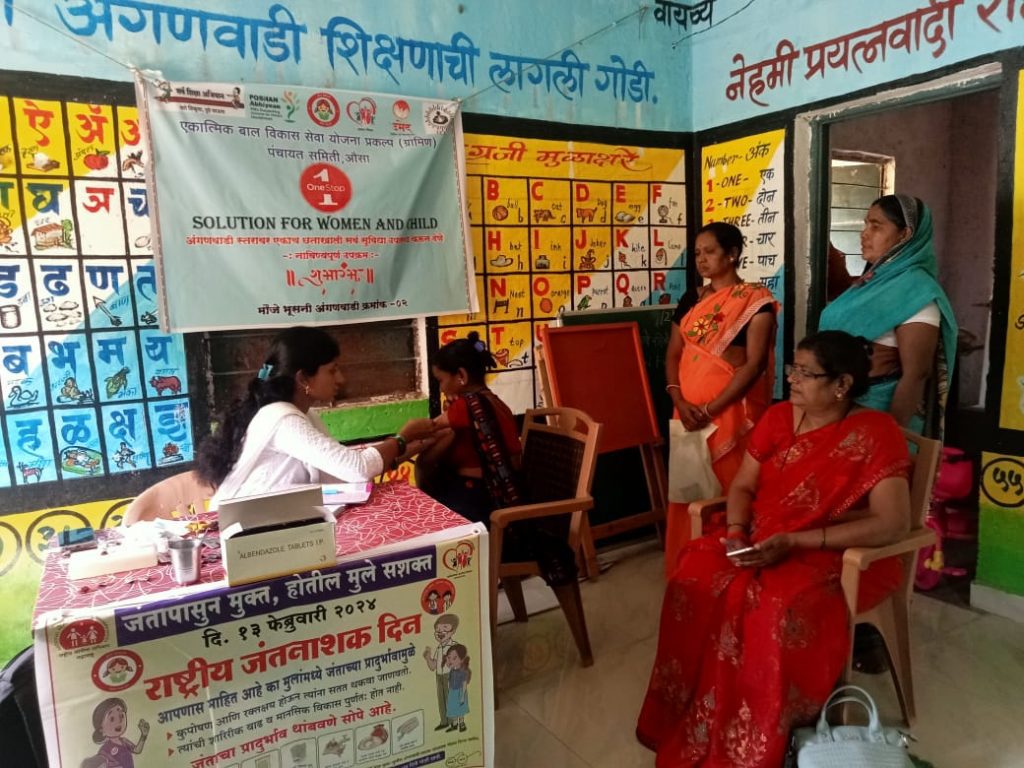
The results of this intervention have been significant, with newborn weights increasing to a healthy range of 2.2 to 3.5 kg, compared to the earlier average of 2 to 2.5 kg. This improvement is critical for the overall health of both mothers and babies. “The health of the mother has a direct impact on the child. With the right nutrition during pregnancy, we’re already seeing healthier birth outcomes,” remarked IAS Anmol Sagar, reflecting on the early success of the program.
Mental Health Focus
In a groundbreaking partnership with UMANG Institute, a Zilla Parishad-run facility, the initiative also focuses on the mental health of children aged 3 to 6. Mobile clinics staffed by trained psychologists visit AWCs to conduct mental health check-ups. So far, the initiative has identified 177 children with developmental delays, autism, ADHD, and other challenges, referring them to UMANG for specialized, free treatment.
This early diagnosis is crucial for ensuring timely interventions. The program ensures that these children have access to long-term, free treatment, helping them overcome developmental barriers. This approach has made mental health services more accessible in rural areas, where such resources are often lacking.
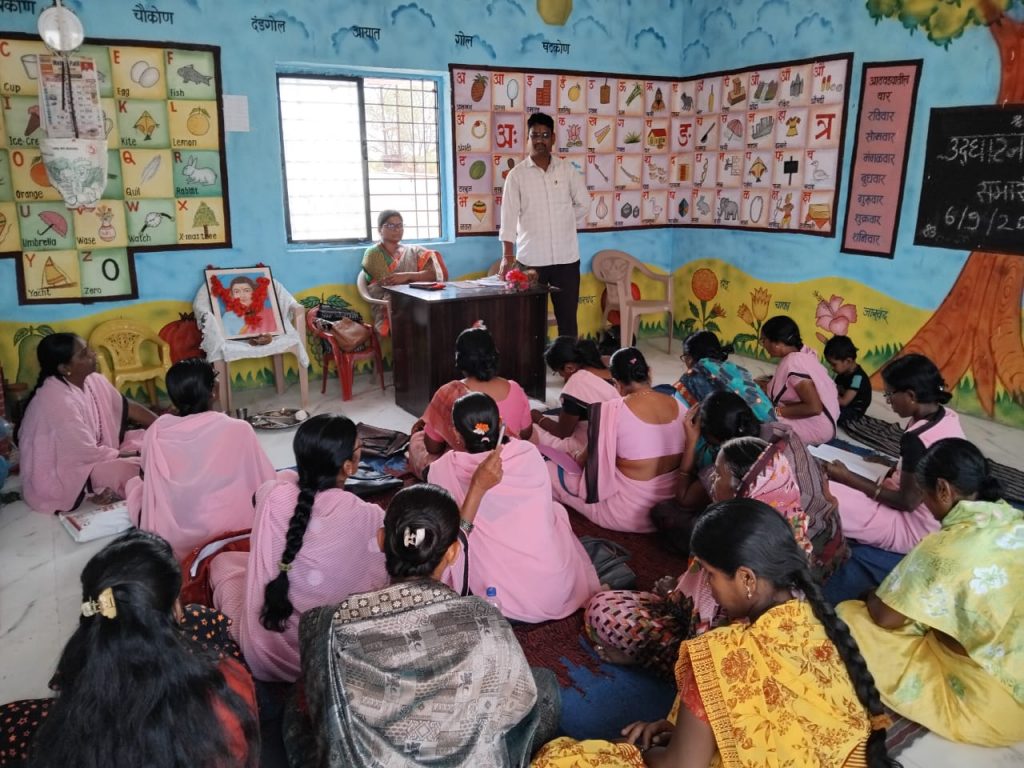
Educational Development
Another major focus of the initiative is the educational development of children attending the AWCs. Regular evaluations are conducted to assess each child’s performance, and progress reports are shared with parents and caregivers. This system ensures that educational challenges are identified early, allowing for appropriate interventions.
To further bolster learning, the initiative introduced peer learning sessions. Every Saturday, school students visit AWCs to help the younger children revise their lessons, fostering a collaborative learning environment. This approach has been met with enthusiasm, with attendance improving significantly on Saturdays. “Peer learning is a simple but effective way to make Anganwadi Centres a space where children want to come, not just because they have to. The young learners benefit in ways we never anticipated,” Mr. Sagar shared with Indian Masterminds, reflecting on the program’s impact on both younger and older students.
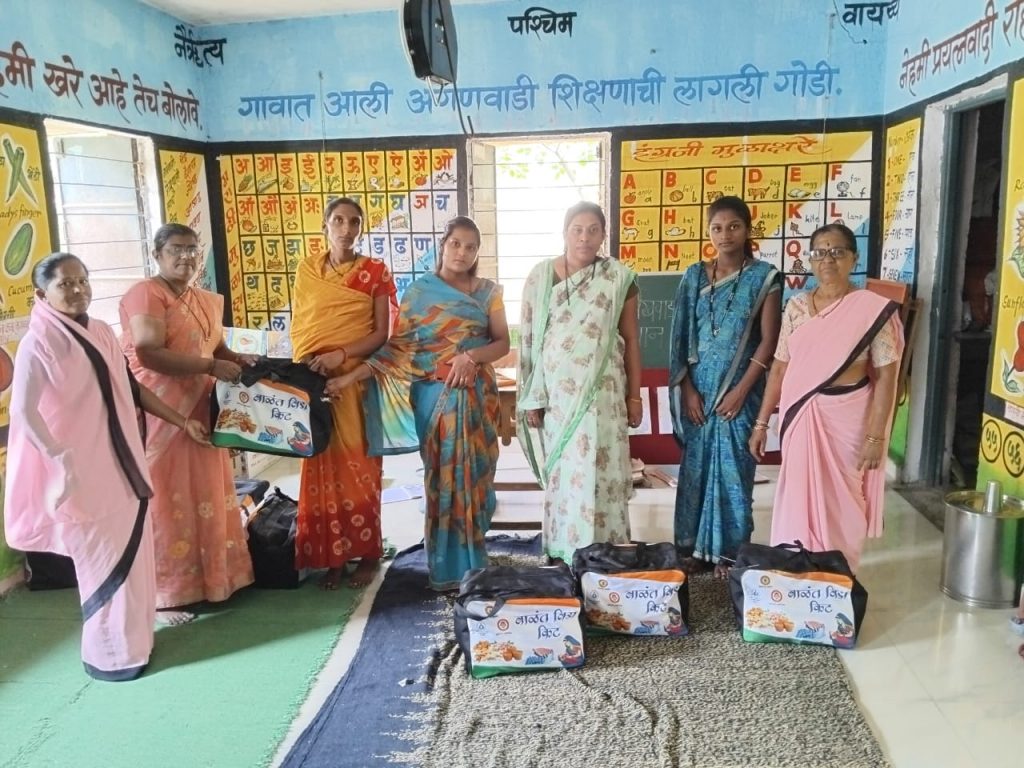
The Role of Millets in Rural Dietes
In line with promoting healthier diets, the initiative also encourages the use of millet-based dishes in the daily meals of families attending AWCs. Recognizing the nutritional value of millets, the initiative involves pasting millet recipes on AWC walls to make them easily accessible to the community. In addition, millet-based cooking demonstrations and presentations are held, encouraging families to incorporate these nutritious grains into their diets.
By promoting millets, the initiative is not only addressing the issue of malnutrition but also encouraging sustainable agricultural practices that are suited to the local climate.
Counseling and Empowerment
One of the most innovative aspects of the program is the counseling sessions offered to women in the community. These sessions cover topics such as maternity health, government schemes, and critical issues like sexual harassment. Over 26,000 women and 16,000 adolescent girls have attended these sessions, which have contributed to a greater awareness of available benefits and improved identification of beneficiaries for various state schemes.
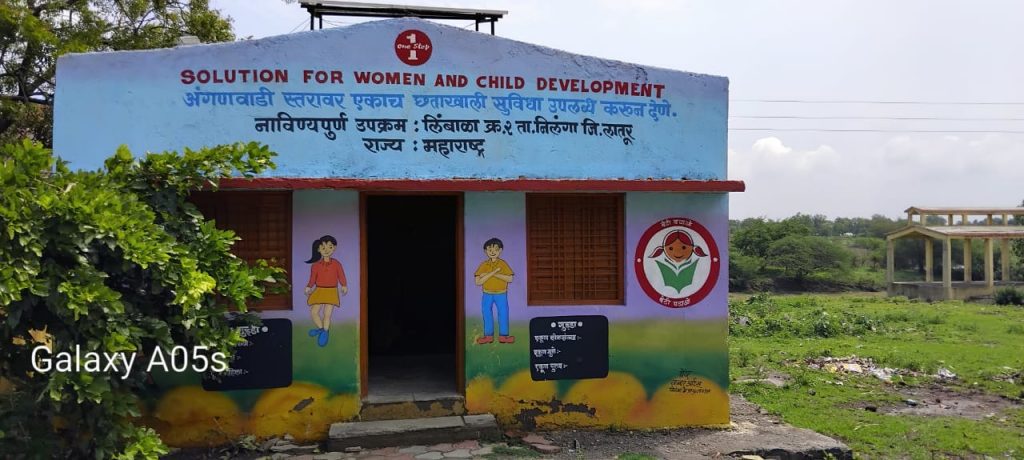
Additionally, partnerships with local authorities, including the collector’s office, police, and banks, have enabled the program to offer specialized sessions on topics like financial inclusion and personal safety. “These sessions have not only educated women but empowered them to access their rights and services,” Mr. Sagar explained.
Improving Health Outcomes
The initiative also focuses on ensuring that all children attending the AWCs receive regular physical check-ups. These assessments are conducted by ASHA (Accredited Social Health Activist) workers and monitored by community health officers, ensuring that children’s physical development is consistently tracked.
This system has resulted in improved health outcomes, particularly in vaccination rates. In the participating AWCs, vaccination coverage has now reached an impressive 93-96%, marking a substantial improvement in public health delivery.
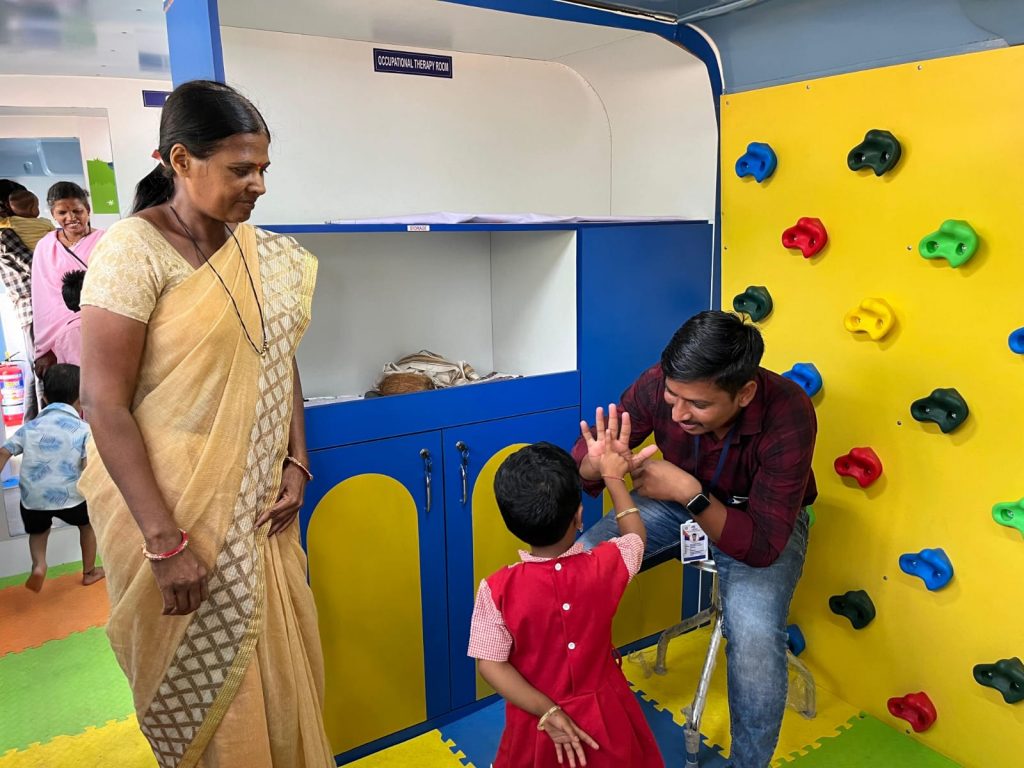
Challenges and Future Prospects
While the “One Stop Solution for Women and Child” initiative has achieved remarkable success, it has not been without its challenges. The integration of ASHA, ANM (Auxiliary Nurse Midwife), and AWW (Anganwadi Worker) personnel was a complex task, requiring significant coordination and effort. “Our success was largely dependent on coordination between ASHA, ANMs, and AWWs. It was a major task, but once we got everyone on board, the impact was tremendous,” noted IAS Anmol Sagar.
Despite these challenges, the initiative’s early results are a demonstration of its effectiveness. As the program continues to expand, it offers a model for how integrated services at Anganwadi Centres can significantly improve the lives of rural women and children, addressing both immediate needs and long-term development goals.

